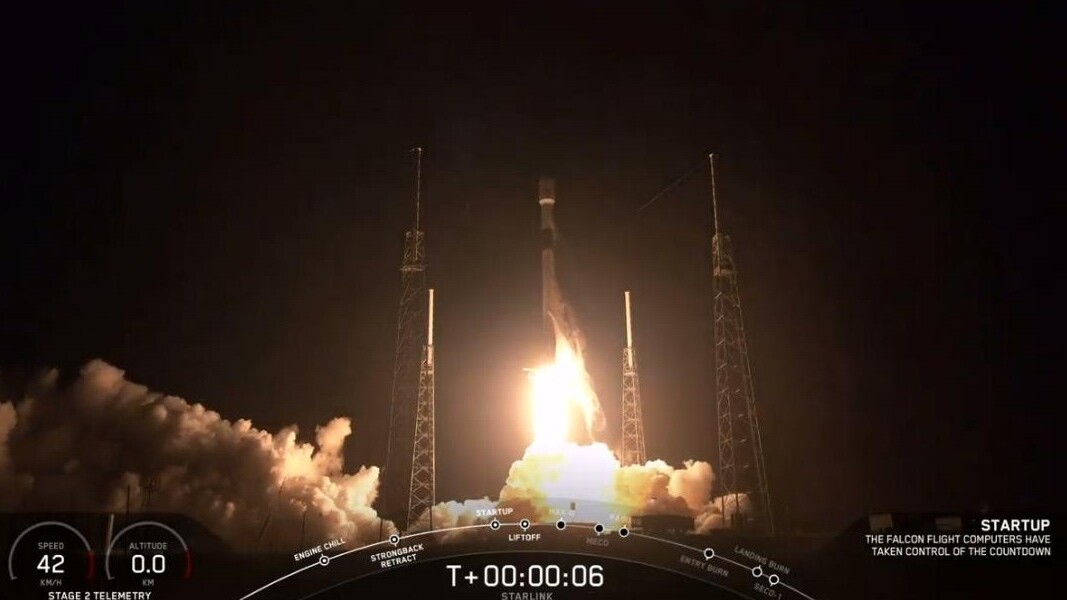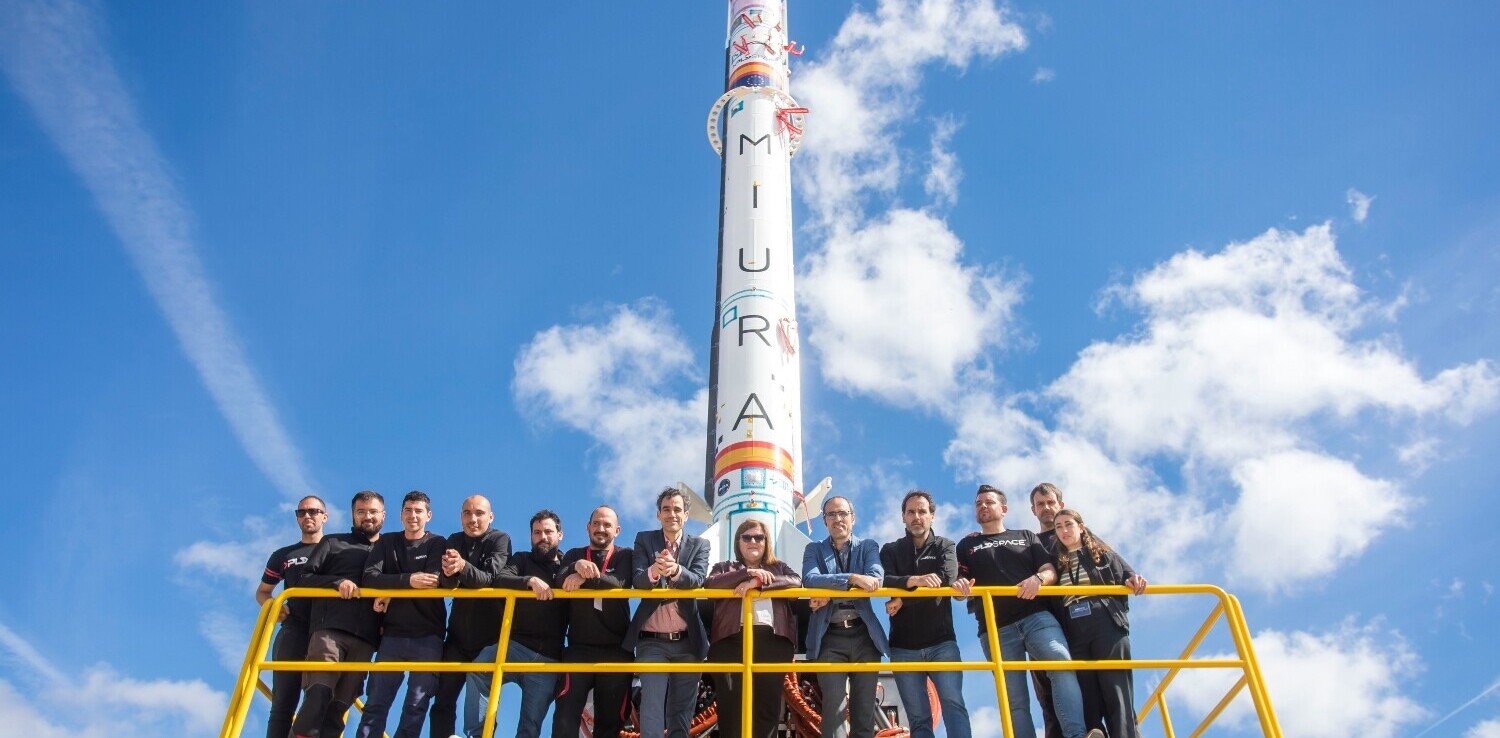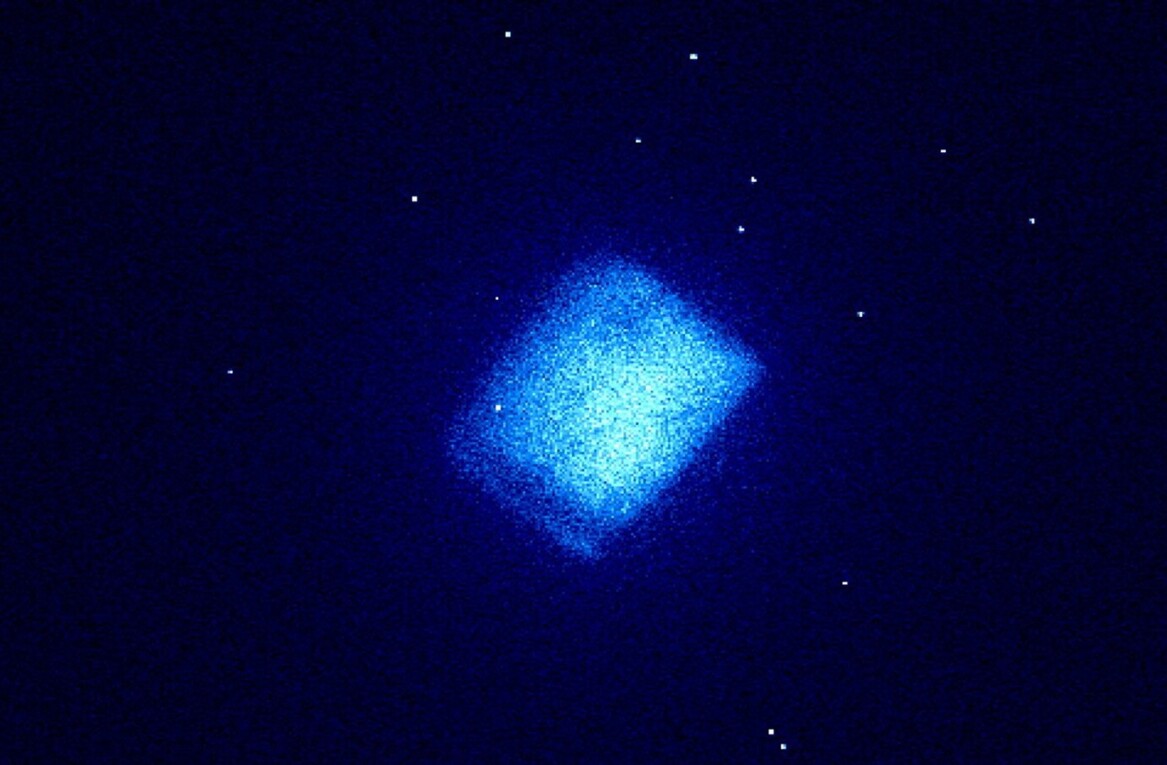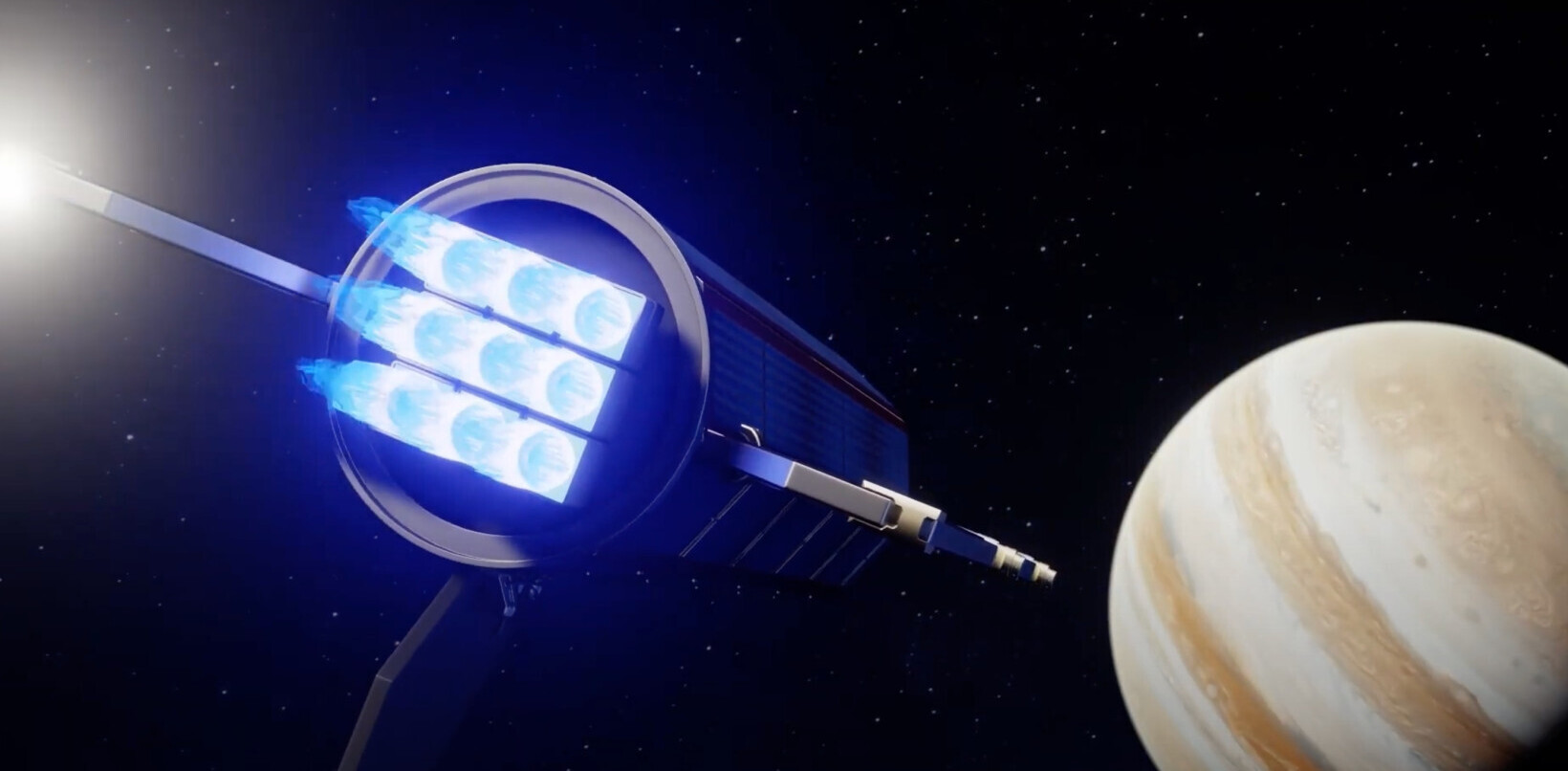
After a few delays, SpaceX finally launched the first 60 satellites under its ambitious Starlink project today. The company’s rocket Falcon 9 lifted off at the scheduled time of 2230 ET. These satellites will be operational in an orbit 500 km from the surface of the earth.
As Space.com noted, this is SpaceX’s first particular rocket that has managed to successfully land back on a pad after the launch for the third time. It’s also the heaviest payload Falcon 9 has ever carried (13,607.771 kg approx).
Starlink satellites have a lightweight (227 kg) flat-panel design that allows SpaceX to stack them up on top of each other for a launch. Each unit has multiple high-throughput antennas and one solar array for power.
First 60 @SpaceX Starlink satellites loaded into Falcon fairing. Tight fit. pic.twitter.com/gZq8gHg9uK
— Elon Musk (@elonmusk) May 12, 2019
While this is the first non-test launch, the satellites aren’t as feature-rich as the final production version the company intends to ship. Unlike the final version, they won’t be able to communicate with each other; they’ll communicate with the center on earth and move accordingly.
SpaceX’s aims to provide 1Gbps internet in rural areas through 12,000 Starlink satellites. The company aims to complete the satellite constellation by mid-2020s. Last year, FCC approved its application in March to launch to 4,425 satellites. Following that, the agency gave a nod to the company to haul more than 7,000 satellites in very-low earth orbit (~340 km). However, it asked SpaceX to launch half its fleet by March 2024.
SpaceX is not the only company eager to get into satellite broadband business. In February, OneWeb – a global communications company based out of UK – launched 6 satellites to achieve a similar goal. Jeff Bezos’ space company, Blue Origin is also looking to build a constellation of over 3,000 satellites for internet connectivity.
You can watch the video of the launch here.
Get the TNW newsletter
Get the most important tech news in your inbox each week.




